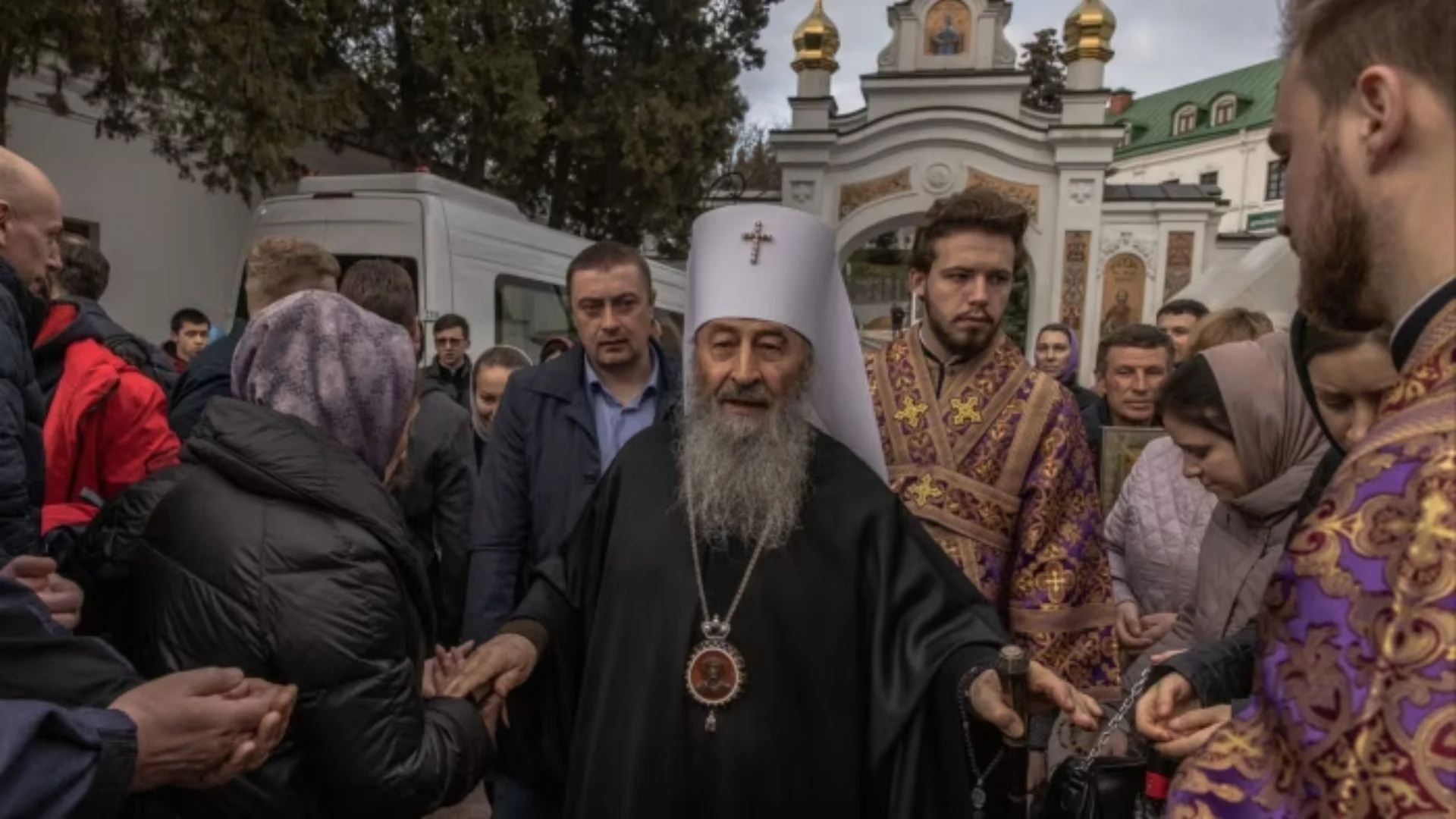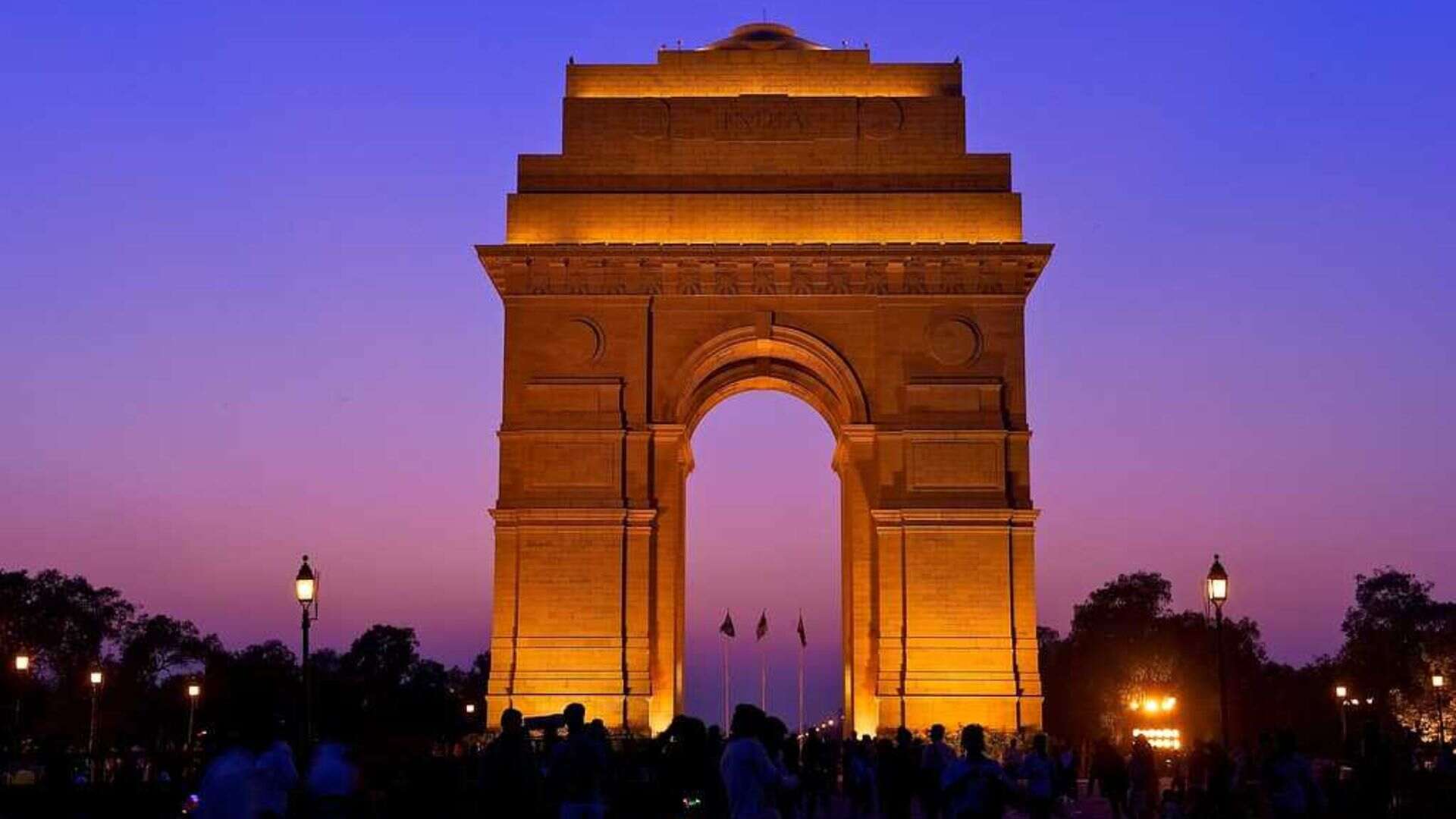Zelensky Signs Law Banning Russian-Tied Religious Groups
On Ukraine’s Independence Day, President Volodymyr Zelensky enacted a new law aimed at severing ties between Ukrainian religious institutions and Russia. This legislation specifically targets the Ukrainian Orthodox Church (UOC), which has historical connections to the Russian Orthodox Church, or Moscow Patriarchate.
Details of the Law
The newly signed law gives the UOC and other religious groups nine months to sever their affiliations with Russia or face dissolution by court order. The Ukrainian parliament approved the bill on August 20, with a decisive 265 votes in favor and 29 against.
Despite claims by the UOC of having cut ties with the Moscow Patriarchate in 2022, Ukrainian authorities, including the State Service for Ethnic Policy and Freedom of Conscience, argue that the connections persist. The Security Service of Ukraine (SBU) has launched criminal investigations into over 100 UOC clergymen for allegedly promoting pro-Moscow propaganda, with several having already been charged and convicted.
Rationale Behind the Legislation
The law’s primary objective is to eradicate the influence of the Moscow Patriarchate, which Ukrainian lawmakers view as a tool for Russian propaganda and aggression. Mykyta Poturaiev, a key sponsor of the bill, described the Moscow Patriarchate as a participant in the war rather than a religious institution of inspiration.
Reactions and Impact
The law has been met with mixed reactions. Metropolitan Epiphanius of the Kyiv-based Orthodox Church of Ukraine sees it as a measure to protect Ukrainian spirituality from Russian influence. In contrast, the UOC has condemned the bill, with spokesperson Metropolitan Clement accusing the government of attempting to divide citizens.
Public opinion reflects a significant divide: a survey by the Kyiv International Institute of Sociology in April 2024 showed that 83% of Ukrainians support some level of state intervention in the UOC, with 63% backing a complete ban.
Individual Reactions
The bill’s impact on individual believers is also notable. A 47-year-old UOC parishioner expressed frustration with what he perceives as governmental overreach into personal faith. Meanwhile, some former UOC attendees, like Ukrainian officer Ihor, have stopped attending church, acknowledging the role of certain priests in supporting Russian interests.
The new law represents Ukraine’s broader effort to distance itself from Russian influence amidst ongoing geopolitical tensions.







